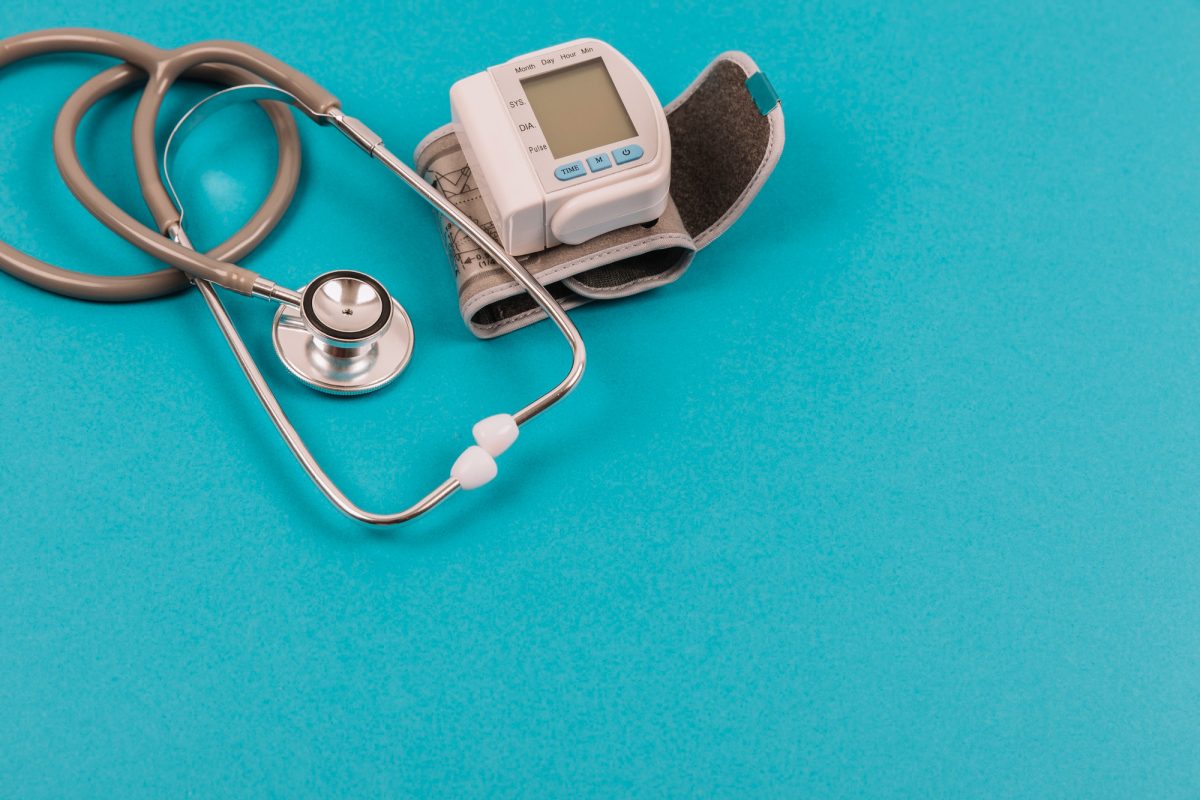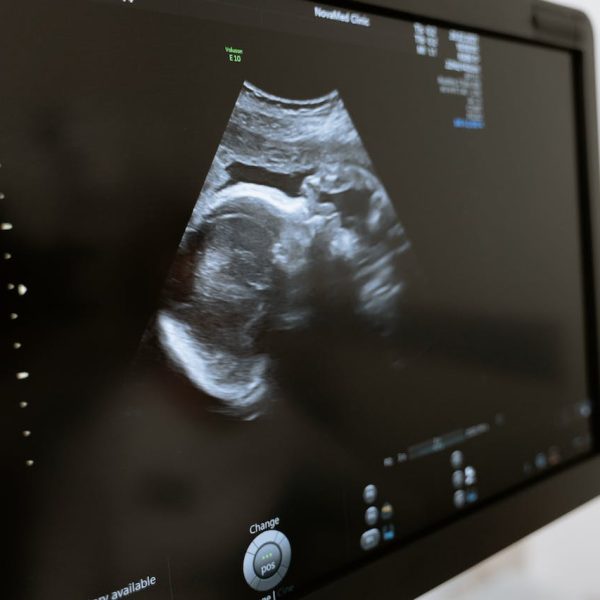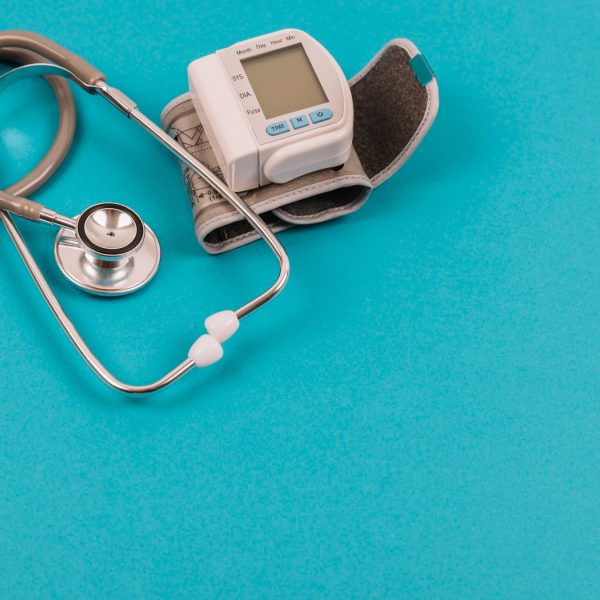Pregnancy is an exciting and wonderful time for any woman, but it can also come with its fair share of complications. One such issue is hypertension, which affects up to 10% of pregnant women worldwide. Managing this condition during pregnancy is crucial to ensure the health and well-being of both mother and baby. In this guide, we’ll explore everything you need to know about managing hypertension during pregnancy – from causes and symptoms to treatment options – so that you can have a healthy and stress-free pregnancy journey!
Introduction to Hypertension During Pregnancy
Hypertension, or high blood pressure, is a common condition that can occur during pregnancy. While it is often harmless, in some cases it can lead to serious health complications for both mother and baby. If you are pregnant and have hypertension, it is important to work with your healthcare team to manage your condition and minimize any risks.
Hypertension during pregnancy can be classified as either chronic or gestational. Chronic hypertension is high blood pressure that was present before pregnancy or that develops before 20 weeks gestation. Gestational hypertension is high blood pressure that develops after 20 weeks of gestation. While both types of hypertension can be dangerous, gestational hypertension is more likely to lead to complications such as preeclampsia (a condition characterized by high blood pressure and protein in the urine) and eclampsia (a severe form of preeclampsia that can cause seizures).
If you have chronic hypertension, you will likely need to take medication to control your blood pressure during pregnancy. You will also need to be closely monitored by your healthcare team. If you develop gestational hypertension, you may not need medication, but you will still need close monitoring. In some cases, gestational hypertension can progress to preeclampsia or eclampsia, which can be life-threatening for both mother and baby.
If you have any type of hypertension during pregnancy, it is important to follow your healthcare team’s recommendations for monitoring and treatment. By working together, you can help

Proactive Steps for Managing Hypertension During Pregnancy
There are a number of proactive steps that expecting mothers can take to manage hypertension during pregnancy. Here are some tips:
Monitor your blood pressure regularly. This will help you keep track of your progress and ensure that you are taking the necessary steps to keep your blood pressure under control.
Eat a healthy diet. A healthy diet is important for all pregnant women, but it is especially important for those who are struggling with hypertension. Eating plenty of fruits, vegetables, and whole grains will help you maintain healthy blood pressure.
Exercise regularly. Exercise is a great way to reduce stress and improve your overall health. It can also help to lower your blood pressure. Try to get in at least 30 minutes of exercise each day.
Reduce stress. Stress can make hypertension worse, so it is important to find ways to relax and de-stress during pregnancy. Try yoga, meditation, or deep breathing exercises to help you manage stress during pregnancy.
Talk to your doctor about medication options. If lifestyle changes alone are not enough to control your blood pressure, your doctor may prescribe medication to help manage it during pregnancy.
Read more: Healthy Habits to Form During Pregnancy
Effects of Unmanaged Hypertension on the Mother and Baby
If left untreated, hypertension can have serious consequences for both the mother and her baby. High blood pressure can lead to preeclampsia, a condition characterized by high blood pressure and protein in the urine. Preeclampsia can be dangerous, even life-threatening, for both the mother and baby. If you have preeclampsia, you will likely need to be hospitalized so that your health can be closely monitored.
Preeclampsia can cause a number of complications, including:
– Preterm labor: Preeclampsia can cause contractions to start before 37 weeks of pregnancy. If you deliver before 37 weeks, your baby may have a higher risk of health problems.
– Low birth weight: Preeclampsia can restrict the growth of your baby in the womb, resulting in a low birth weight. Low birth weight babies are more likely to have health problems than babies who weigh more at birth.
– Placental abruption: This is when the placenta starts to separate from the wall of the uterus before delivery. Placental abruption can be life-threatening for both the mother and baby.
– HELLP syndrome: HELLP stands for hemolysis (the breakdown of red blood cells), elevated liver enzymes, and low platelet count. HELLP syndrome is a severe form of preeclampsia that can be fatal if not treated immediately.
Diet, Exercise, and Stress Reduction Strategies
When it comes to managing hypertension during pregnancy, diet, exercise, and stress reduction strategies are key. Here are some tips to help keep your blood pressure in check:
1. Eat a healthy diet rich in fruits, vegetables, and whole grains. Avoid processed foods, salt, and saturated fats.
2. Get regular exercise. Walking, swimming, and yoga are all great options for pregnant women.
3. Manage stress with relaxation techniques like deep breathing or meditation.
By following these simple tips, you can help keep your blood pressure under control during pregnancy and reduce your risk of complications.
Medication Considerations
If you have hypertension, managing your condition is important for both your health and the health of your baby. There are a few things to consider when it comes to medications during pregnancy.
First, if you are already on medication for hypertension, you should not stop taking it without talking to your doctor first. Hypertension can be dangerous for both you and your baby, so it is important to continue treatment.
Second, if you need to start medication for hypertension during pregnancy, there are a few different options available. Your doctor will work with you to choose the best option for you and your baby.
Finally, if you develop gestational hypertension (high blood pressure during pregnancy), there are also medication options available. Again, your doctor will work with you to choose the best option for you and your baby.
Outreach Resources
If you’re expecting a baby and have hypertension, you may be feeling overwhelmed and worried about how to best manage your condition during pregnancy. Don’t worry, there are many resources available to help you. Here are some of the best:
The American Heart Association’s “Start! Walking” program is a great resource for pregnant women with hypertension. The program offers free walking maps and tips on how to stay motivated.
Pregnancyhypertension.com is a website dedicated to helping pregnant women with hypertension. The site has information on treatments, diet, and exercise for hypertensive women during pregnancy.
Your healthcare team is also a great resource for managing hypertension during pregnancy. Be sure to talk to your doctor or midwife about any concerns you have. They can offer guidance on how to best manage your blood pressure during pregnancy.
Summary and Conclusion
Hypertension, or high blood pressure, is a common condition that can lead to serious health complications, including stroke and heart disease. During pregnancy, hypertension can also cause problems for both the mother and the developing baby.
There are several ways to manage hypertension during pregnancy, including lifestyle changes and medication. Expecting mothers with hypertension should work with their healthcare team to develop a management plan that meets their individual needs.
In conclusion, hypertension is a serious condition that requires careful management during pregnancy. Expecting mothers should work closely with their healthcare providers to ensure the best possible outcome for themselves and their babies.
























Share this article